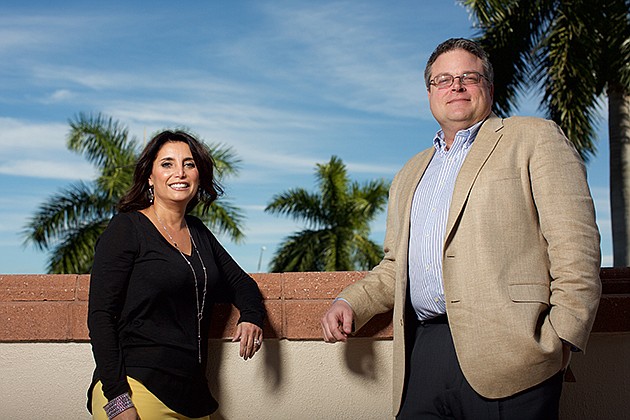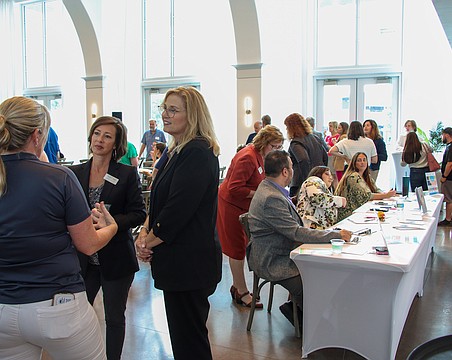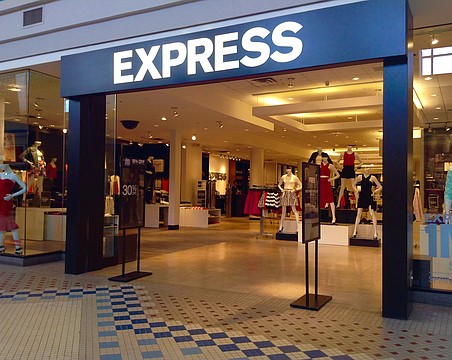A startup's to-do list is lengthy and can get complicated, from sources of capital to patent approval. But Patti Oliver and David Gibson have persevered. Their company, Naples-based Koala Healthcare System, develops and sells software that assists home health agencies in every aspect of managing their business.
The software also helps elderly patients keep track of doctors' appointments, send reminders to take medications and help coordinate home-care staffing from afar.
“We're the only ones who do mobile home care management,” Patti Oliver says. Additionally, Koala promises to link patients, doctors, caregivers and loved ones interactively, and in real time.
Oliver and Gibson are passionate about keeping more elders in their homes with proper care, and both have experience in previous in health care ventures.
Oliver, looking at the past year, says projected outcomes for the year often did not go as planned — some with better turnouts than others.
Initially, Oliver and Gibson self-funded their project, intending to bring investors on board at the right time. “The first goal was to get revenue. The second goal now is to go out and get the funding,” she says.
Koala launched in September, and has secured five accounts with agencies in North Carolina and New Jersey.
How did it do it?
With the right staff, Oliver says. Throughout the year, the firm hired patent attorneys, technical and customer support managers and business development experts.
On the advisory panel is a particularly integral player, a home health agency consultant, Yvette Aitkens. Her role is to educate potential agencies in the dynamic capability of the Koala home care service. “She single-handedly, quite frankly, has gotten all of our business,” Oliver says.
To reach the 33,000 agencies in their potential customer pool, Koala uses all forms of marketing, from the traditional to digital sectors.
“Originally, we were not going to go after the bigger franchise opportunities,” Oliver says. “However, based on some initial feedback from a franchisor, I feel confident now that we're able to play in those waters.”
That confidence spills into their readiness to find ideal investors, preferably with a health care background. Koala has increased its investment goal to $1 million to continue to conduct demos and keep up with demand, says Oliver.
Awaiting provisional software patents has slowed their operation. “Once that gets approved, we can dovetail off of it. We should know in the next couple of months.”
Oliver also admits that they took a financial hit to repair the software, which set back their launch.
“We really took our time, and made sure that we fixed the bugs and put some additional robust features in there that weren't anticipated. So as far as the software goes, we kind of anted it up a little bit.”
Oliver says Koala is the only system to adequately call itself a transitional home care solution. While she is confident in the numerous features offered on the platform, she has learned that it is OK to draw the line sometimes with development. “You can't please every customer's every single want. You have to be able to stop the noise and say, 'This is the product.'”
When it comes to hindsight, Oliver warns entrepreneurs to beware of “slope creep” when it comes to managing a project. “You could run around a million times and not get your product out the door if you try to make everyone happy.”






